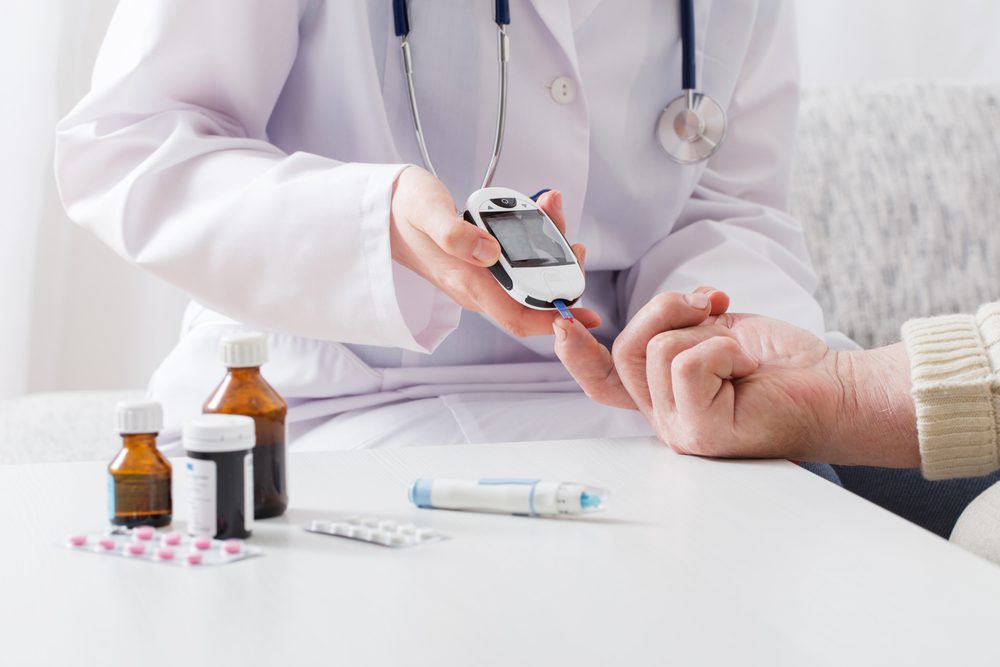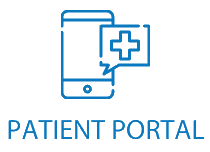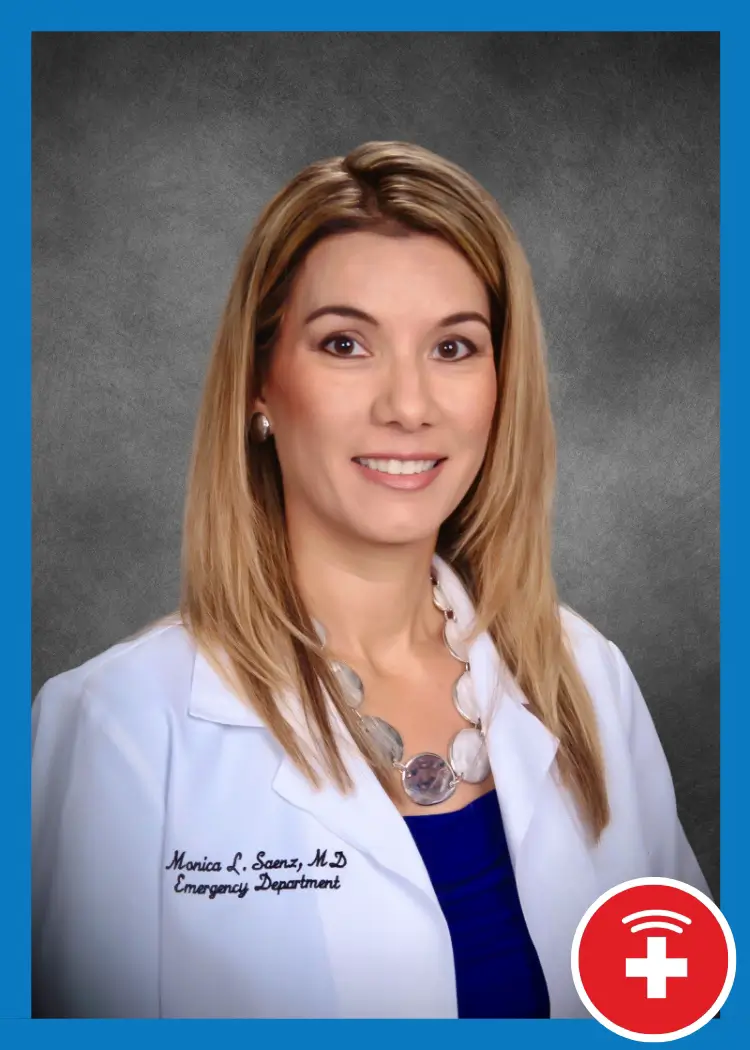
Maintaining a healthy blood sugar level can be difficult for those familiar with the pattern of blood sugar spikes and crashes that send them on an energy roller coaster throughout the day. While all of us experience some fluctuation in blood sugar levels after meals and in between meals, a sudden increase or decrease in blood sugar can ruin your day, make you feel tired, and make you crave carbs, making it difficult to lose weight or keep your body weight in check.
Snacking is the worst way to deal with a blood sugar crash because it triggers a second surge. Your body releases insulin, which tells your cells to use the extra energy, or your body will store extra fuel as fat.
What Makes Blood Sugar Levels Go Up Quickly?
All foods contribute to increased blood sugar levels as a natural part of the digestive process. So, high blood sugar levels after a meal are normal.
Blood sugar levels vary between people, and these changes are known as blood sugar spikes. Blood sugar spikes occur when there is a rapid increase in blood sugar levels after consuming high-carbohydrate foods. When we eat sugar-rich foods such as donuts, chips, or white bread, our bodies break these simple carbohydrates into sugar. This sugar circulates in our bloodstream as glucose.
As glucose enters your bloodstream, your blood sugar levels rise. This causes your body to release insulin, a hormone that allows glucose to leave your blood and enter your cells, where it can be used for energy or stored to be used later.
People with diabetes either don’t have enough insulin or their insulin isn’t working correctly, so they must check their blood sugar levels regularly to keep glucose levels safe.
According to a study, blood sugar fluctuation happens in everyone, even those who don’t have diabetes or think they’re healthy and active. According to the Centers for Disease Control and Prevention (CDC), over 96 million adults in the United States live with prediabetes, and over 80 percent don’t know they have it.
What Causes Low Blood Sugar?
Low blood sugar, also known as hypoglycemia, can be caused by various things, such as skipping meals, taking too many insulin injections, taking other diabetes medications, exercising more than usual, or drinking alcohol. A blood glucose level of less than 70 milligrams per deciliter (mg/dL) is low.
The sign of low blood sugar vary from person to person, but common ones include:
- shaking or trembling
- feeling hot or sweaty
- feeling nervous or anxious
- feeling irritable or confused
- feeling dizzy
- feeling hungry
What Are the Best Ways to Lower My Blood Sugar?
Consult a doctor to determine the best course of action to maintain blood glucose levels in the desired range. Your doctor may suggest the following:
- Be more active. Working out also helps regulate your blood sugar levels. One thing to note is that if you have ketones in your urine, you should not exercise, as this can cause your blood sugar to rise further.
- Take medicine as instructed. If you have high blood sugar regularly, your doctor may adjust the dose or timing of your medication.
- Follow your diabetes meal plan. Talk to your doctor or nutritionist if you need help staying on track with your diet.
- Monitor your blood sugar more frequently if you are ill or worried about elevated or decreased blood sugar levels.
- Consult with your physician to determine the appropriate insulin dosage and the type of insulin to be administered.
What Other Lifestyle Changes Can I Make to Help Control My Blood Sugar?
Eating a balanced diet with lots of fruits and veggies, maintaining a healthy body weight, and engaging in regular physical activity are all ways to improve your health. Other tips include:
- Monitoring your blood sugar levels and seeing what causes them to rise or decrease.
- Eating at regular times and not skipping meals is essential.
- Choose foods low in calories, saturated fat, trans-fats, sugars, and salt.
- Track what you eat and drink and how much exercise you do.
- Drink water rather than juice or soda.
- Limit alcoholic beverages.
- For sweet treats, choose fruit.
- Control how much you eat by using the plate method. For example, Fill half of your plate with a non-starchy vegetable, a quarter with a lean protein, and half with a grain or starch food.
Getting Help With Your Blood Sugar at the Urgent Care Center
Urgent care clinics can be an excellent option for managing blood sugar levels, especially if you are experiencing high blood sugar (hyperglycemia) or low blood sugar (hypoglycemia). Urgent care clinics typically open longer than primary care offices and can often provide same-day care.
You should go to an urgent care center to manage your blood sugar if you are experiencing any of the following symptoms:
- High Blood Sugar: increased thirst, frequent urination, extreme hunger, blurred vision, fatigue, headache, abdominal pain, nausea and vomiting, or rapid breathing.
- Low Blood Sugar: sweating, tremors, anxiety, dizziness, lightheadedness, hunger, confusion, or seizures.
Contact Us
If you require urgent medical care, DOC-AID Urgent Care is here. Anyone who shows signs and symptoms that need immediate medical care can book an appointment with us to speak directly with a medical professional. If you have a medical condition that falls outside of our scope of care, we recommend that you see a doctor or another healthcare provider.


